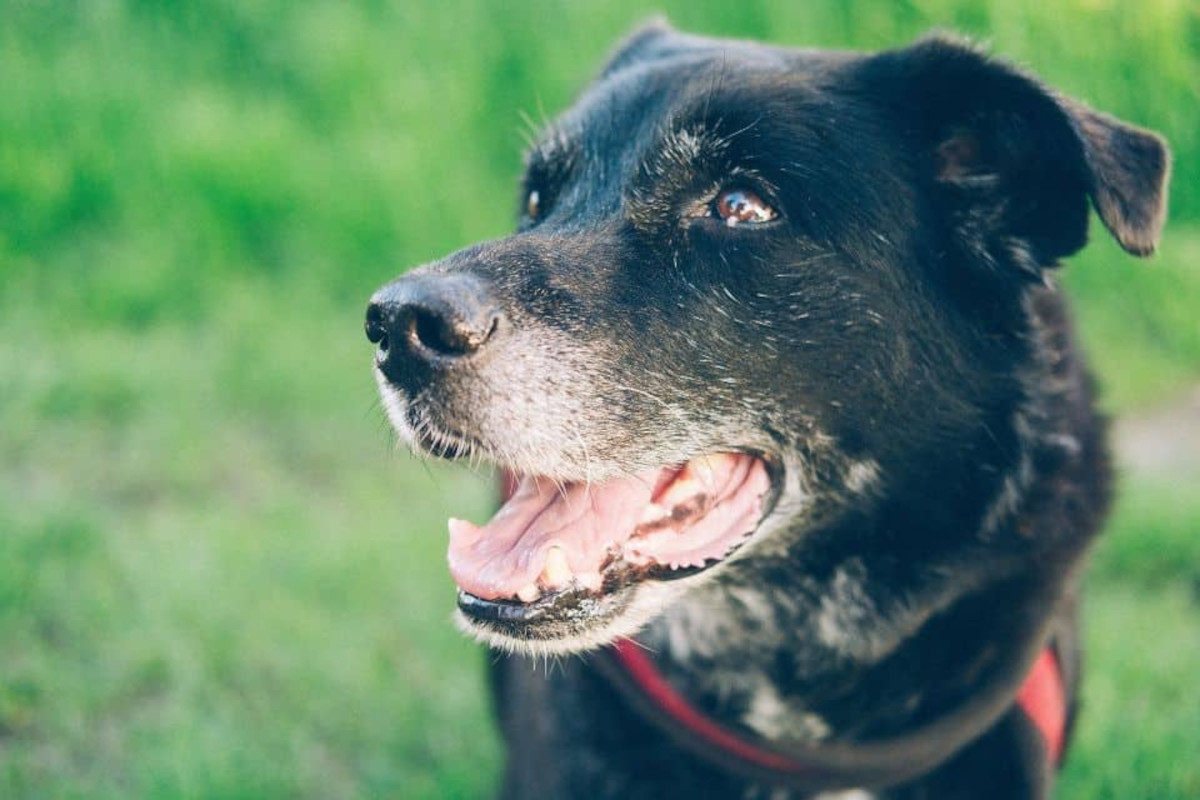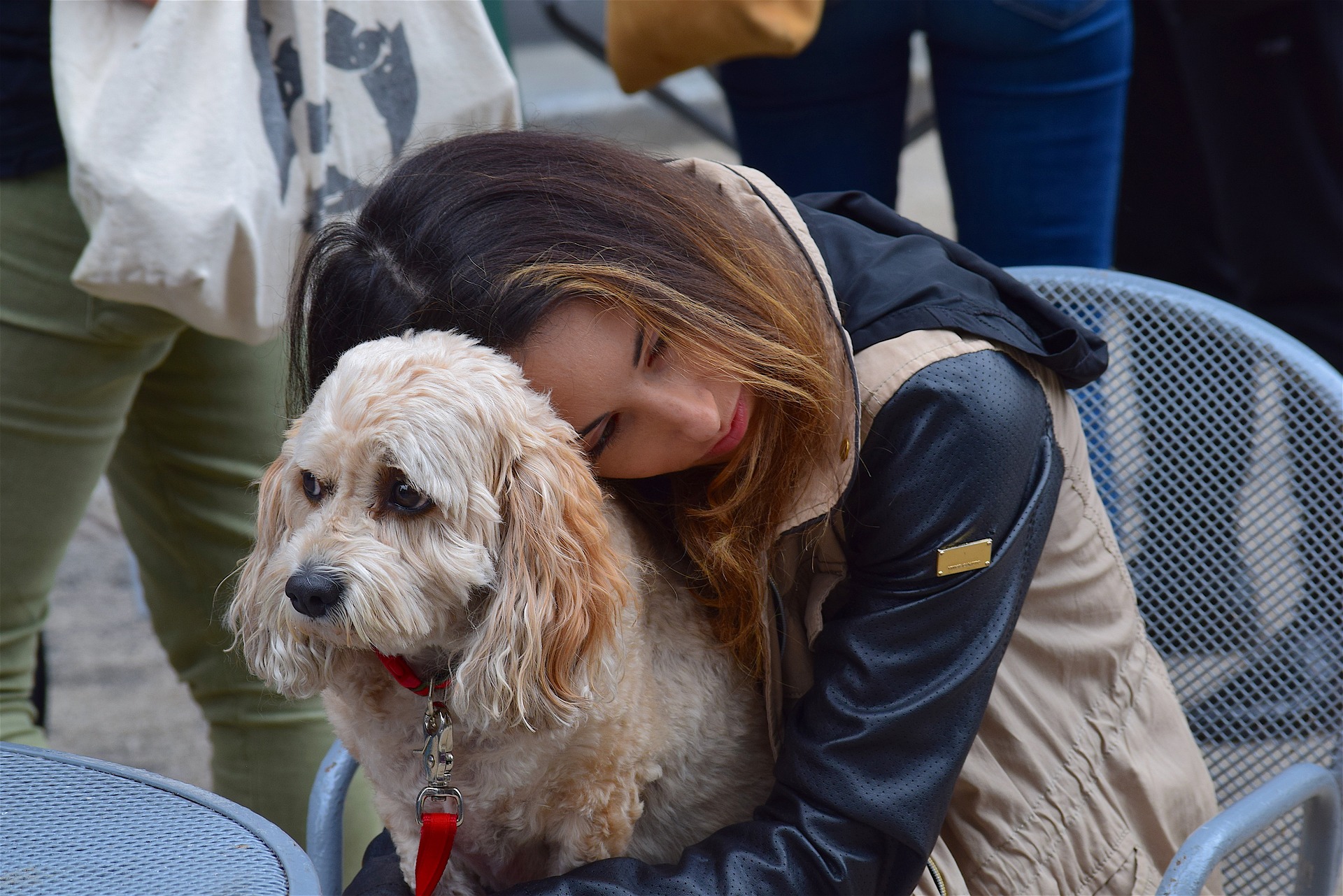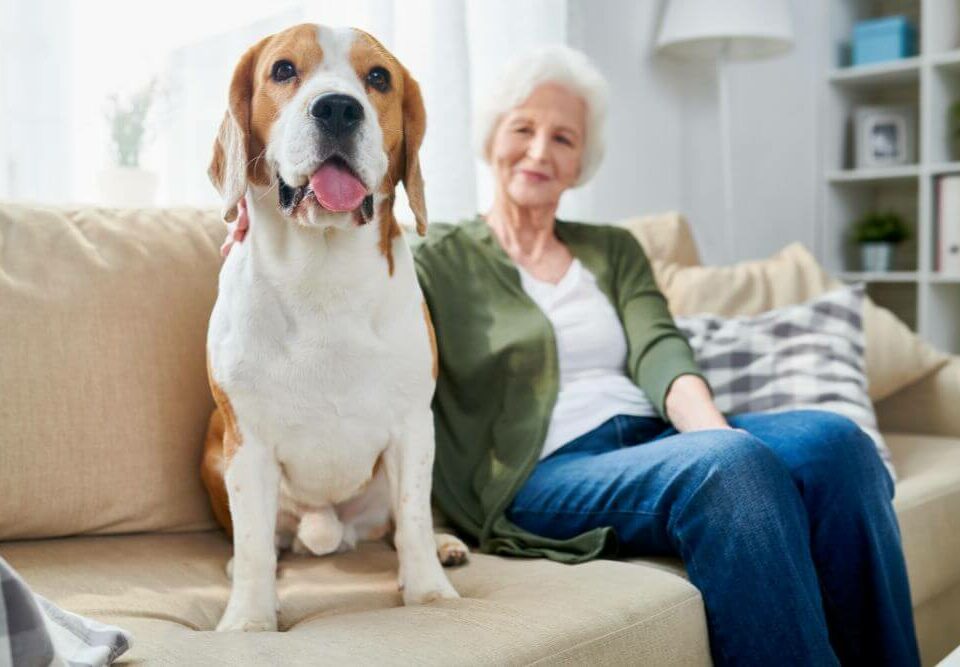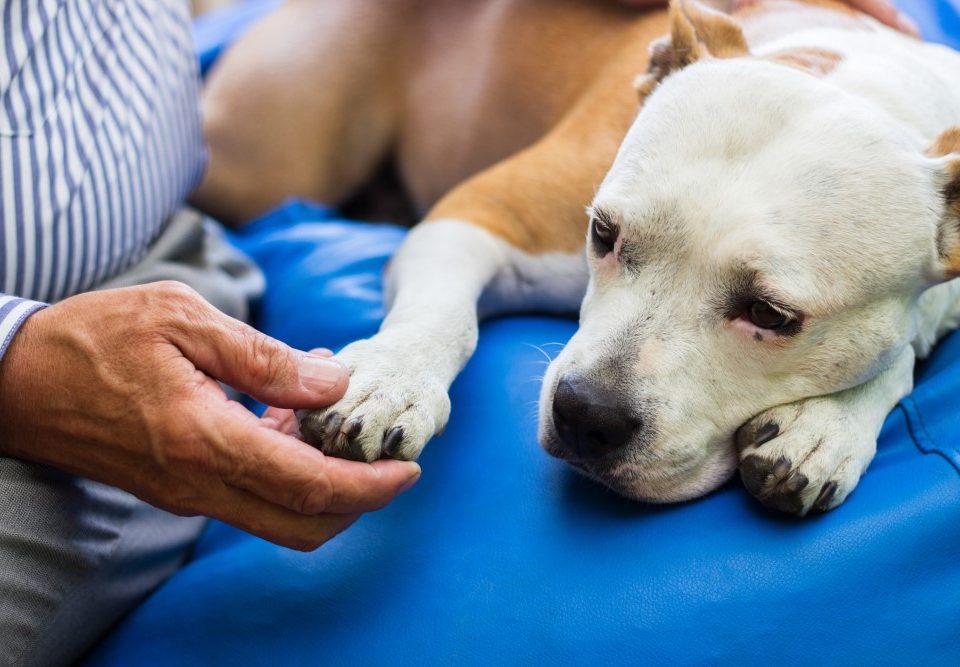
Cat Bereavement – Helping Your Cat Cope With The Loss of Other Pets
August 5, 2019
Dog Heart Failure. When Dog Euthanasia May Be Best
August 29, 2019Can dogs sense sickness?
Dogs are in tune with their environment and surroundings and have an incredible sense of smell and we know that dogs can sniff out people, drugs and even certain types of cancers. It is important that you are able to notice grieving dog symptoms, so you can deal with them.
Many people believe that our pets do sense that death is near because they can smell the different changes which come with disease. Physiological, chemical and behavioural changes are all picked up by your dog.
Necromones are a type of pheromone discharged from dying animals and researchers believe that dogs can sense sickness in people too.
Can dogs understand death?
There are different thoughts and opinions about whether dogs understand that another pet is dying or has died and whether they experience grief. There is little scientific evidence, however, there are many anecdotal examples about dogs in the wild that have been seen acting in a certain manner once their companion has died. One was seen covering up his furry friend with a blanket, another was seen sitting by his friend that had been run over and another was seen nudging and pawing at his dead friend. Which strongly suggests that there is an understanding of death.
Dog behaviour signs that could be interpreted as grief
There are five stages of grief – anger, denial, bargaining, depression and acceptance. Our dogs can suffer from an equal sense of loss but won’t exhibit the five stages in the same way that we do.
You may see behavioural changes and often these are minor and brief but it is important to notice these changes and appreciate how your dog is feeling following their loss (and yours) and that they have feelings too.
You may notice that your dog is:
- a little withdrawn,
- has no interest in playing or going for a walk,
- depressed
- tail down
- off food
- disrupted sleep
- clingy
- whining
- waiting by the door for their friend to return.
If the symptoms persist you may need to take them to your vet for a check-up in case it is something else.
They may also react if they become aware that you are grieving. Human behaviour changes when we grieve and if they see you are visibly upset your pet may pick up on this and experience confusion. Dogs also respond to your emotions and this may make them upset or anxious.
How to help a grieving dog
It is likely to be a good idea to allow your healthy dog to be present during your other pets passing – this will help them see that their friend passes away peacefully. If your other pets are not present to see the gentle passing, this may confuse them and keep them wondering what has happened to their friend. Let your dog say their goodbye, they may sniff the body or possibly ignore it completely. But it will help them realize their friend has gone. Be aware the body will smell differently so your dog may react in a way that is not as calm or respectful as you would hope.
Keep routines the same – normality can be key. Changes in routine may cause anxiety and stress and behavioural issues.
Keep to the same wake-up and walk times – even if you don’t feel up to going out yourself will help you and your dog. It is good for you and your pets. Feeding times should be the same. Keeping them active, happy and healthy will help you as much as them.
Be careful though, don’t reward depressive behaviour with treats as it reinforces it and may prolong the negative behaviour.
Grief takes time for all of us.
Introducing a new friend
Never rush into getting a new pet, regardless of your dog’s grieving symptoms! Even if you worry that your pet may be lonely, many dogs are perfectly happy living on their own with the rest of their family.
That said dogs are sociable animals and thrive from living in family groups so your surviving dog is likely to adapt well to a new friend, if you decide that is the right thing to do, you know your pet’s best, but remember, gentle and slow introductions are always best.
Get in touch today, to speak to someone about grieving dog symptoms, or getting help with a grieving pet.




